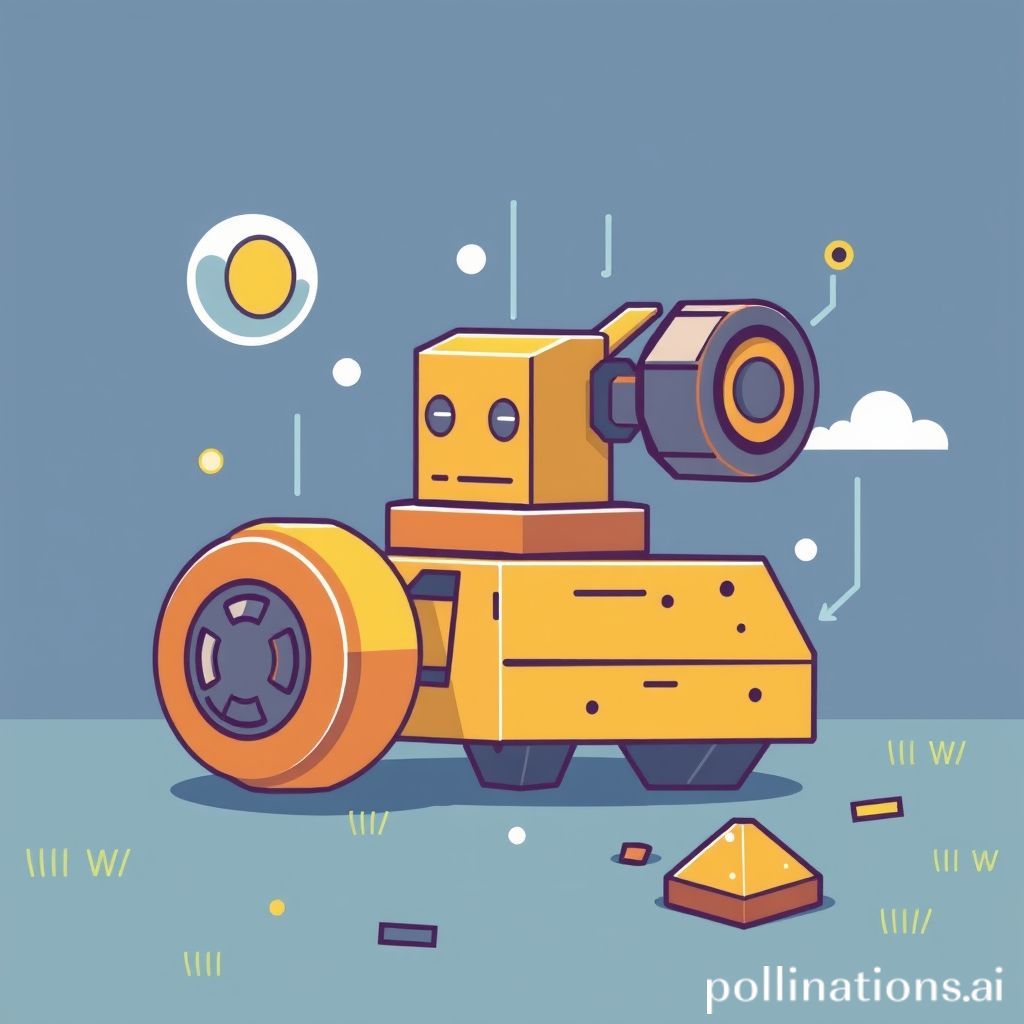
Exploring Machine Learning in Game Development
Machine learning (ML) has emerged as a transformative force in various industries, and game development is no exception. As developers strive to create immersive and engaging experiences, ML offers innovative solutions to enhance gameplay, optimize design, and personalize player interactions. This article explores the applications of machine learning in game development, illustrating its potential and benefits.
Understanding Machine Learning
At its core, machine learning is a subset of artificial intelligence that enables systems to learn from data and improve their performance over time without being explicitly programmed. In the context of game development, this involves using algorithms to analyze player behavior, adapt in-game dynamics, and create more realistic and responsive environments.
Applications of Machine Learning in Games
There are several key areas where machine learning can be applied in game development:
- Procedural Content Generation: ML algorithms can be used to generate game content dynamically, including levels, characters, and quests. This approach not only saves time but also enables the creation of unique experiences for each player.
- Player Behavior Analysis: By analyzing player data, developers can gain insights into how players interact with a game. This data can inform design decisions, enabling the creation of more intuitive interfaces and responsive gameplay mechanics.
- AI-Driven Non-Playable Characters (NPCs): Machine learning can be used to develop more intelligent and realistic NPCs that learn from player interactions. This leads to more engaging and unpredictable gameplay, keeping players on their toes.
- Personalization: ML algorithms can tailor the gaming experience to individual players by adjusting difficulty levels, providing personalized recommendations, and modifying storylines based on player preferences.
- Game Testing and Quality Assurance: Machine learning can streamline the game testing process by identifying bugs and optimizing performance. ML algorithms can simulate player behavior, ensuring that the game delivers a smooth experience upon release.
Challenges in Implementing Machine Learning
Despite its potential, integrating machine learning into game development poses several challenges:
- Data Requirements: Effective ML models require large datasets to learn from, which can be challenging to gather in a game development context.
- Complexity: Incorporating ML can add complexity to the development process, requiring specialized knowledge and expertise that not all teams possess.
- Performance Issues: Depending on the implementation, machine learning algorithms may introduce latency or performance bottlenecks, especially in real-time applications.
The Future of Machine Learning in Game Development
As technology advances and tools become more accessible, the adoption of machine learning in game development is expected to grow. With ongoing research and innovation, developers are likely to find new and creative ways to harness the power of ML, leading to even richer and more immersive gaming experiences.
In conclusion, machine learning is reshaping the landscape of game development, offering exciting possibilities for creating dynamic and responsive games. With its ability to analyze data, adapt to player behavior, and generate unique content, ML holds the potential to elevate the gaming experience to new heights.
